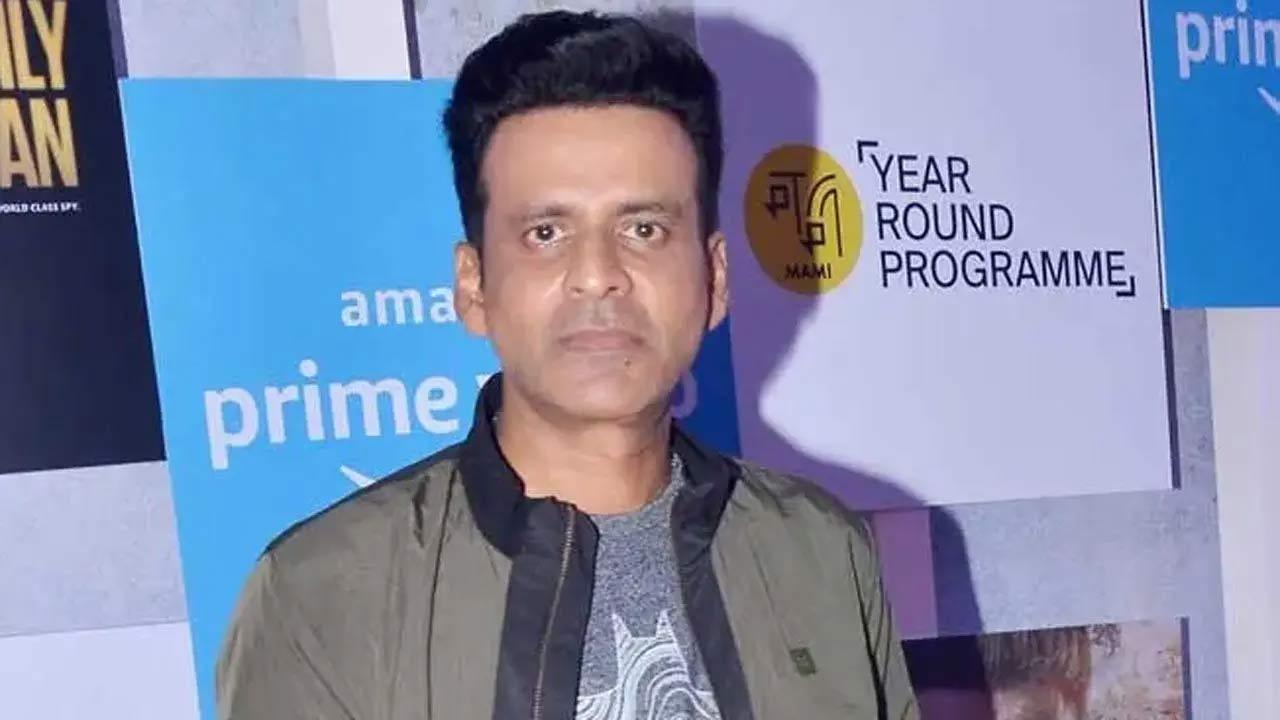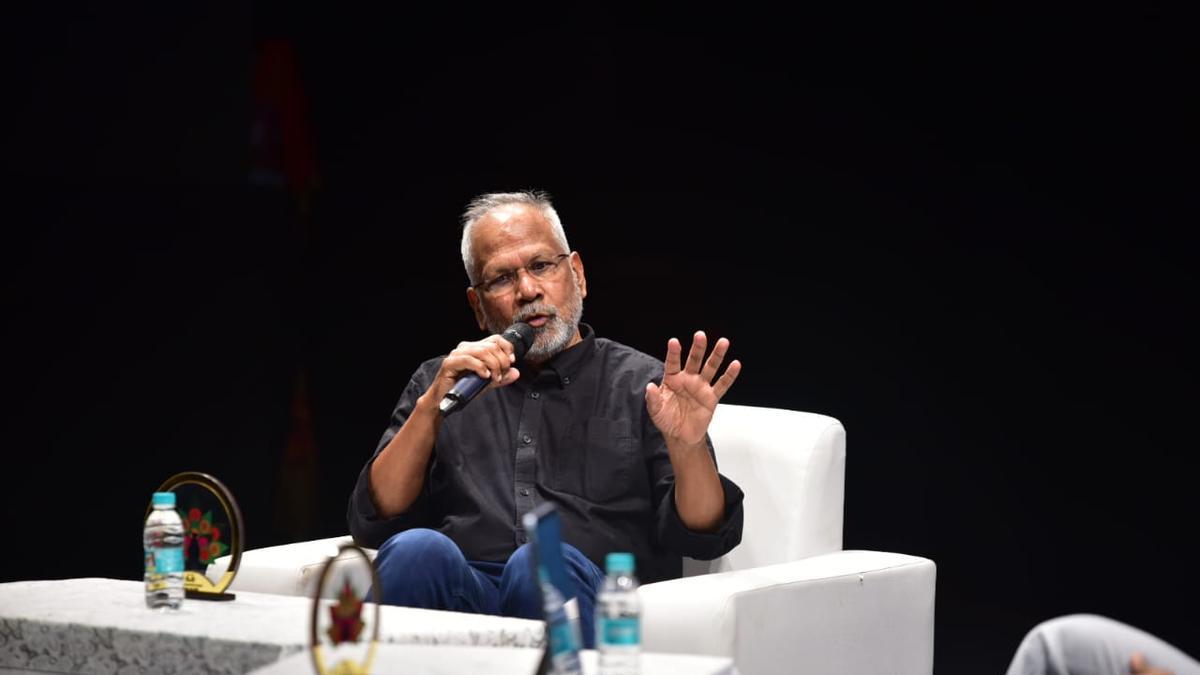
In a significant development for Bangladesh cricket, Jalal Yunus has decided to step down from his roles as the director of the Bangladesh Cricket Board (BCB) and chairman of the cricket operations committee. The former fast bowler’s resignation comes in response to a request from the National Sports Council (NSC), which had asked him to resign. This move is seen as part of broader changes within the country’s sports administration, triggered by recent political upheavals.
Announcing his resignation, Jalal Yunus emphasized his commitment to the well-being of cricket in Bangladesh. “I have resigned for the greater interest of cricket,” Jalal said, as quoted by ESPNcricinfo. “I am all for cricket running properly and correctly. I am alright with their intention to replace me as per the constitution. I don’t want to be a stumbling block for cricket’s progress,” he explained.
However, not everyone has complied with the NSC’s requests. Ahmed Sajjadul Alam, another NSC-appointed director, refused to resign. “I told them that since they nominated me as the NSC councillor and then I became a director, they have to do it. They can inform me of their decision regarding me,” Alam stated, standing firm against the directive.
Jalal Yunus is the first director from the current board to step down, a decision that underscores the volatile environment within the Bangladesh Cricket Board in the wake of substantial political shifts. The resignation follows the recent student protests that led to the departure of the Awami League government, setting off a chain reaction within various public institutions, including the BCB.
Further adding to the uncertainty, Cricbuzz has reported that BCB president Nazmul Hasan may also be considering stepping down from his position. This potential leadership change at the BCB could signal a broader transformation within the organization, as it grapples with external pressures and internal challenges.
.
As the BCB navigates these turbulent waters, Youth and Sports Adviser Asif Mahmud has shown keen interest in the board’s future. Mahmud recently visited the BCB headquarters, where he met with officials, staff members, and players, including former captain Tamim Iqbal. This visit is perceived as an attempt to take stock of the current situation and assess what measures might be necessary to stabilize the board.
BCB chief executive Nizamuddin Chowdhury, speaking about Mahmud’s visit, remarked, “You’ve seen our Youth and Sports Adviser visited the BCB office today. He reviewed the board’s facilities and seems to have plans to visit other federations in the coming days.” He added that no specific discussions took place during the meeting, and that the advisor engaged with several BCB personnel to hear their experiences.
Despite the political unrest and administrative shake-ups, the BCB remains optimistic about its ability to host the upcoming Women’s T20 World Cup. Nizamuddin Chowdhury expressed confidence in the board’s preparations for the event. “We are fully confident in our preparations to organize the Women’s T20 World Cup on schedule. The government has been proactive, contacting us on their first day in office,” he said.
Chowdhury also highlighted that the Bangladesh Army has pledged its full support for the event. “The Bangladesh Army has also assured us of full support and cooperation. We’ve informed the ICC, and they are satisfied with our preparations,” he noted, downplaying concerns that the political situation could impact the country’s ability to host international events.
In summary, Jalal Yunus’s resignation from the BCB marks a crucial moment for Bangladeshi cricket amidst a backdrop of political change. While the board faces immediate challenges, including potential further resignations and administrative reviews, its leadership remains committed to ensuring that major events, such as the Women’s T20 World Cup, proceed as planned. The coming weeks will likely reveal more about the strategic direction the BCB will take during this period of transition, as it strives to maintain stability and continue its development efforts in the sport.










